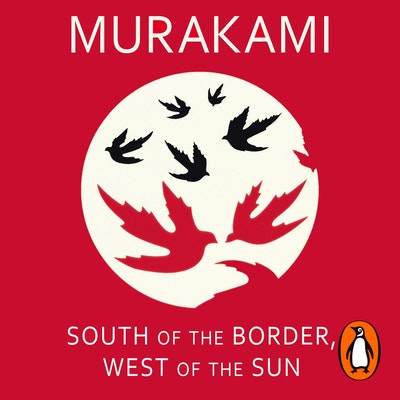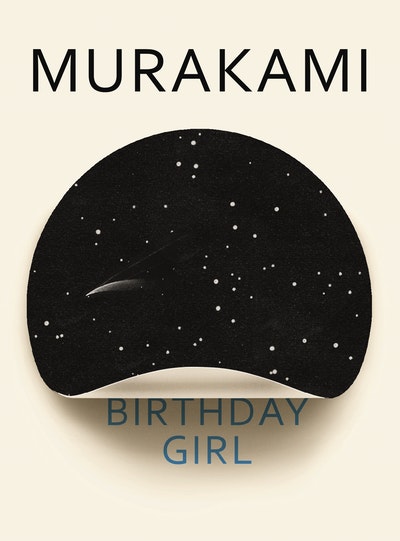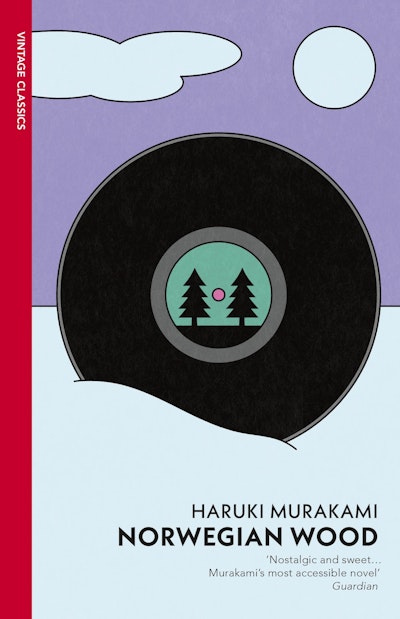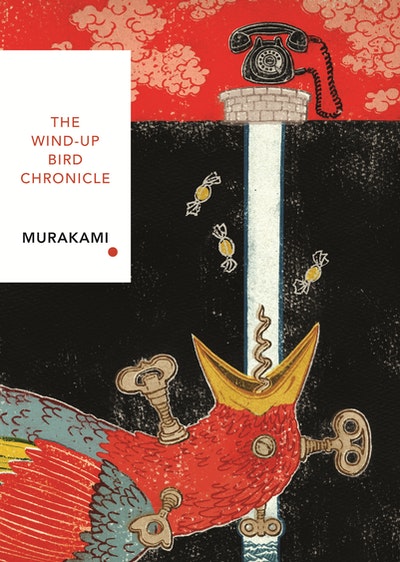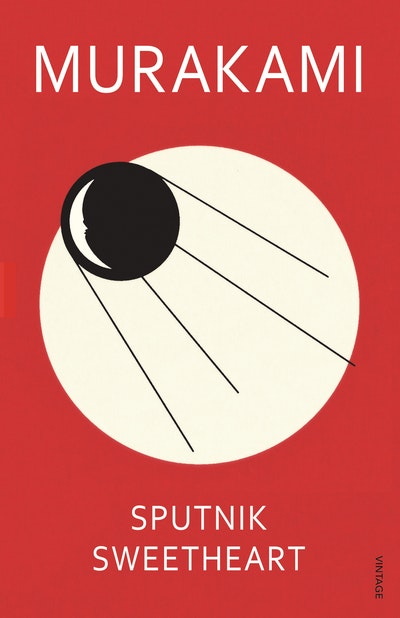- Published: 11 March 2021
- ISBN: 9781473596078
- Imprint: Vintage Digital
- Format: Audio Download
South of the Border, West of the Sun
- Published: 11 March 2021
- ISBN: 9781473596078
- Imprint: Vintage Digital
- Format: Audio Download
Portrayed in a fluid language that veers from the vernacular . . . to the surprisingly poetic.
San Francisco Examiner & Chronicle
Discover what a fine writer Murakami is with this engrossing examination of a male mid-life crisis... He enthrallingly teases out the risks, culminating in a headily sensual finale
Time Out
Impressively written and structured... Above all, the novel is memorable for its unflinchingly extreme treatment of romantic love
Times Literary Supplement
This book aches...an eloquent treatise on the vertiginous, irrational powers of love and desire
Independent on Sunday
This wise and beautiful book is full of hidden truths
New York Times
Casablanca remade Japanese style...It is dream-like writing, laden with scenes which have the radiance of a poem
The Times
A story of love in a cool climate, intensely romantic and weepily beautiful...it is startlingly different: a true original
Guardian
A beautiful, atmospheric novel sustained by Murakami's flair for philosophical mediation at its most human
Irish Times
A fine, almost delicate book about what is unfathomable about us.
The Philadelphia Inquirer
Mesmerizing. . . . This is a harrowing, a disturbing, a hauntingly brilliant tale.
The Baltimore Sun
His most deeply moving novel.
The Boston Globe
Lovely, deceptively simple. . . . A novel of existential romance.
San Francisco Chronicle
Brilliant. . . . A mesmerizing new example of Murakami's deeply original fiction.
The Baltimore Sun
A probing meditation on human fragility, the grip of obsession, and the impenetrable, erotically charged enigma that is the other.
The New York Times
A wise and beautiful book.
The New York Times Book Review
